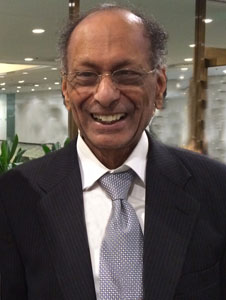
S.V. Babu courtesy of Clarkson University
ECS recently announced the reappointment of S.V. Babu, Distinguished University Professor of Chemical and Biomolecular Engineering in Clarkson University’s Wallace H. Coulter School of Engineering, to its Editorial Advisory Committee (EAC).
The EAC expedites and facilitates evaluation and publication decisions of manuscripts submitted to ECS journals. In this role, experts like Prof. Babu, provide support to the journal editors in areas where existing technical editors and associate editors may need additional assistance. Committee members are available for a rapid review and additional opinions to supplement conflicting or imbalanced comments from other reviewers; processing assistance in the journal areas that receive a large number of annual submissions; and reviewing and expediting articles that go in the Society’s other communications media.
Babu is the past director of Clarkson’s Center for Advanced Materials Processing and an expert in the field of chemical-mechanical planarization (CMP), holding 31 patents. He has supervised 44 PhD and 38 MS students and is a co-author of more than 250 professional publications, including 198 peer-reviewed publications. He has organized and co-organized many conferences and symposiums, as well as served as keynote speaker numerous times. He has been named twice with the IBM Faculty Award (2004 and 2016), and acknowledgement of his contributions to education and research from Intel, The Chinese Academy of Sciences, and the World Education Congress among other external recognition.


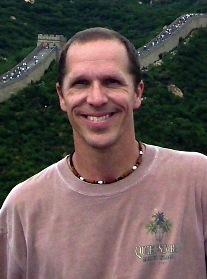 Brett Lucht is a professor of chemistry at the University of Rhode Island, where his research focuses on organic materials chemistry. Lucht’s research includes the development of novel electrolytes for lithium-ion batteries and other efforts to improve the performance of electrolytes for electric vehicles. Lucht has recently been named associate editor for the
Brett Lucht is a professor of chemistry at the University of Rhode Island, where his research focuses on organic materials chemistry. Lucht’s research includes the development of novel electrolytes for lithium-ion batteries and other efforts to improve the performance of electrolytes for electric vehicles. Lucht has recently been named associate editor for the 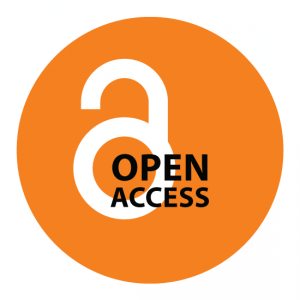 Recently there has been a spate of comment expressing frustration about the allegedly slow progress of open access, and especially Green open access. It is hard to disagree with some of this sentiment, but it is important that frustration not lead us into trying to solve a problem with a worse solution. The key, I believe, to making real advances in open access is to walk away from the commercial publishers who have dominated the market for scholarship. Only if we do that can libraries free up money from our collection budgets to do truly new things. A new business model with the same old players, even if it were possible, would be a mistake.
Recently there has been a spate of comment expressing frustration about the allegedly slow progress of open access, and especially Green open access. It is hard to disagree with some of this sentiment, but it is important that frustration not lead us into trying to solve a problem with a worse solution. The key, I believe, to making real advances in open access is to walk away from the commercial publishers who have dominated the market for scholarship. Only if we do that can libraries free up money from our collection budgets to do truly new things. A new business model with the same old players, even if it were possible, would be a mistake.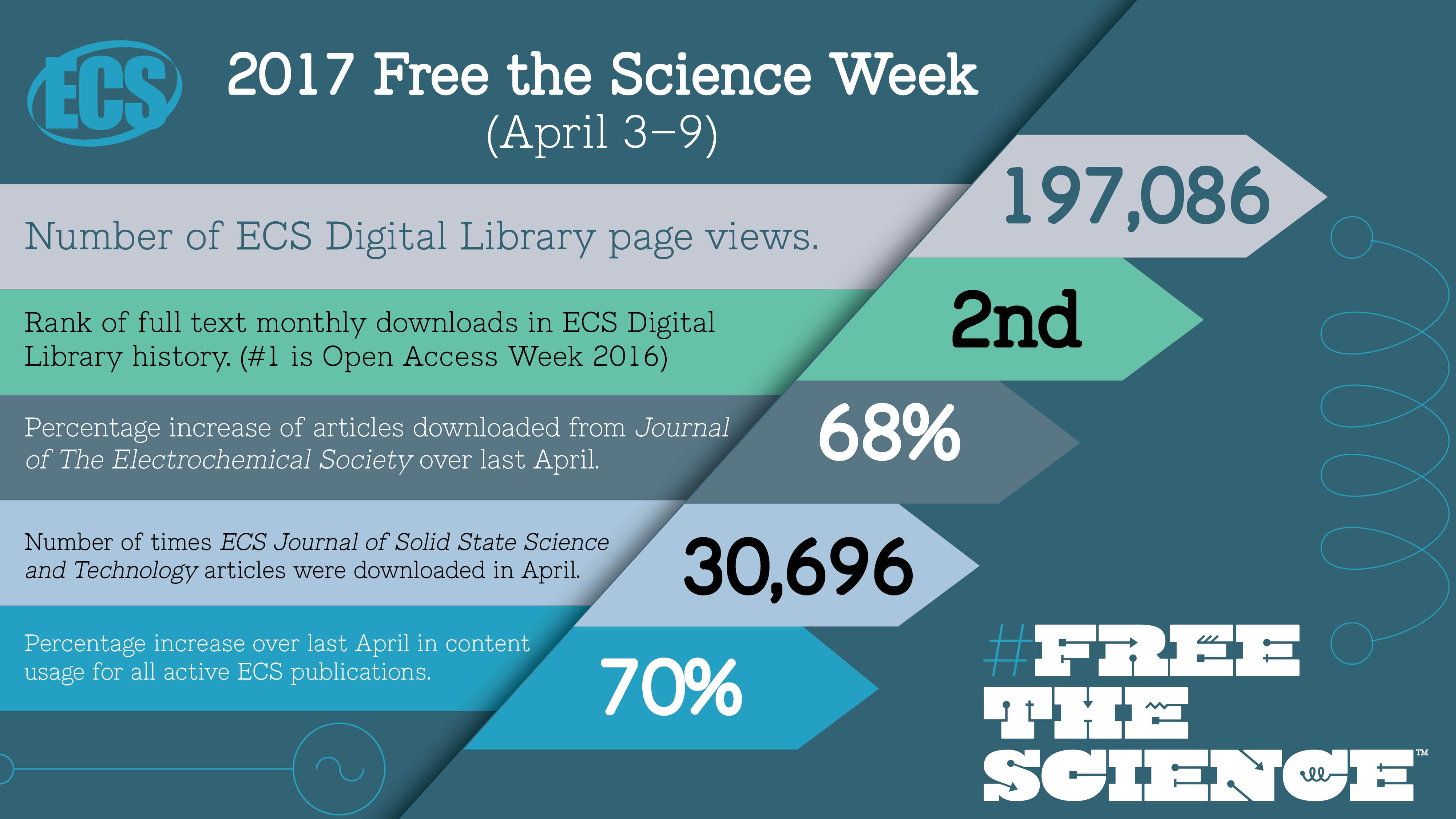
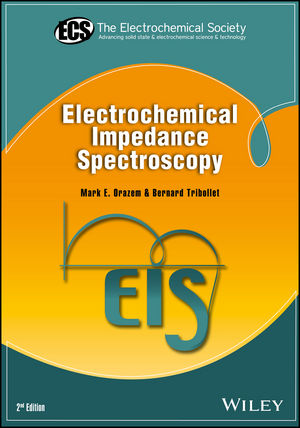 Electrochemical Impedance Spectroscopy (2nd Edition), by Mark E. Orazem and Bernard Tribollet, provides the fundamentals needed to apply impedance spectroscopy to a broad range of applications with emphasis on obtaining physically meaningful insights from measurements. The second edition provides expanded treatment of the influence of mass transport, time-constant dispersion, kinetics, and constant-phase elements.
Electrochemical Impedance Spectroscopy (2nd Edition), by Mark E. Orazem and Bernard Tribollet, provides the fundamentals needed to apply impedance spectroscopy to a broad range of applications with emphasis on obtaining physically meaningful insights from measurements. The second edition provides expanded treatment of the influence of mass transport, time-constant dispersion, kinetics, and constant-phase elements.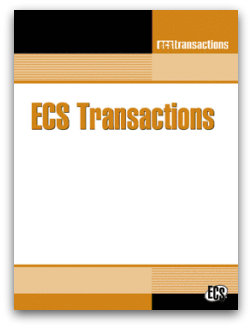 Ten new issues of ECS Transactions (ECST) have just been published for the upcoming 231st ECS Meeting. The papers in these issues of ECST will be presented in New Orleans, Louisiana, May 28 – June 1, 2017.
Ten new issues of ECS Transactions (ECST) have just been published for the upcoming 231st ECS Meeting. The papers in these issues of ECST will be presented in New Orleans, Louisiana, May 28 – June 1, 2017.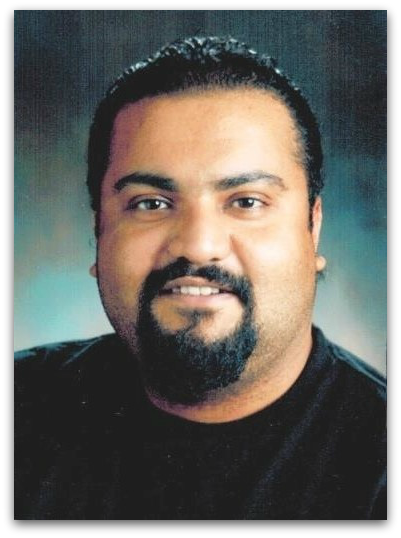 Ajit Khosla is a professor at Yamagata University in Yonezawa, Japan and a visiting professor at San Diego State University’s College of Engineering. Khosla’s work in the area of nano-microsystems has resulted in more than 100 scientific and academic contributions. Khosla has recently been named associate editor for the
Ajit Khosla is a professor at Yamagata University in Yonezawa, Japan and a visiting professor at San Diego State University’s College of Engineering. Khosla’s work in the area of nano-microsystems has resulted in more than 100 scientific and academic contributions. Khosla has recently been named associate editor for the 